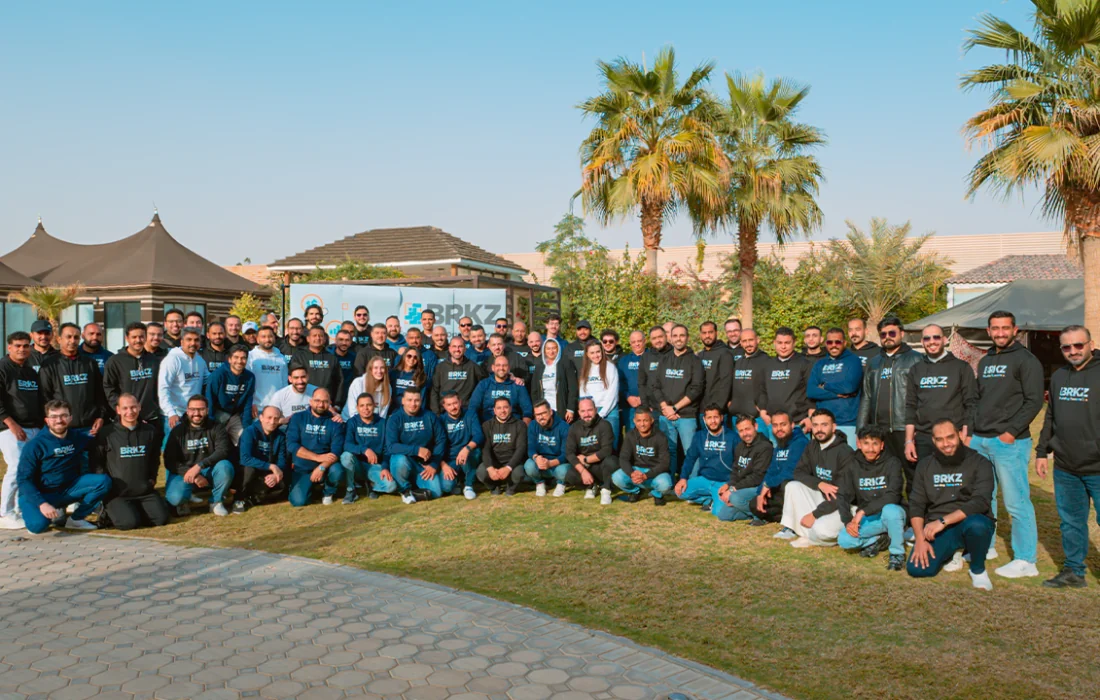- Tabby valued at USD 4.5B after a secondary share sale, with HSG, Boyu Capital acquiring existing investor shares.
- No new shares issued and Tabby received no proceeds; the transaction reflects growing investor confidence in regional fintech.
- Experts see market maturity, with secondary sales creating liquidity, signaling structured growth, and treating private assets like mature markets.
Tabby
Saudi fintech Tabby confirmed the completion of a secondary sale of shares held by certain existing shareholders. As part of the transaction, HSG, Boyu Capital and others acquired shares from existing investors. This led to an implied company valuation of USD 4.5 billion.
Hosam Arab, CEO and Co-Founder at Tabby, said: “We’re proud to welcome our new shareholders who share Tabby’s ambitions and the impact we’re making on financial services across the region.”
Additionally, no new Tabby shares were issued and the company did not receive any proceeds from the sale.
Market Maturity
Regarding the transaction, WAYA Media reached out to industry experts to understand its significance for the MENA venture ecosystem. Basil Moftah, Managing Partner at Key Capital and specialist in VC secondaries, described the deal as “an important signal for the MENA venture ecosystem.”
He explained: “It reflects a natural evolution of our market: successful, later-stage companies are now creating liquidity opportunities for early investors and employees without needing to wait for an IPO or acquisition. This kind of secondary activity shows growing confidence in regional startups’ fundamentals, while also helping recycle capital back into the ecosystem.”
Basil Moftah, Managing Partner at Key Capital, notes that the transaction signals a maturing MENA venture ecosystem. He notes that investors are beginning to treat private assets in the region more like mature markets do, valuing them based on performance and potential, not just momentum. He adds that he expects more structured secondary markets to emerge, giving founders, funds, and employees more flexibility and transparency around liquidity.
If you see something out of place or would like to contribute to this story, check out our Ethics and Policy section.














